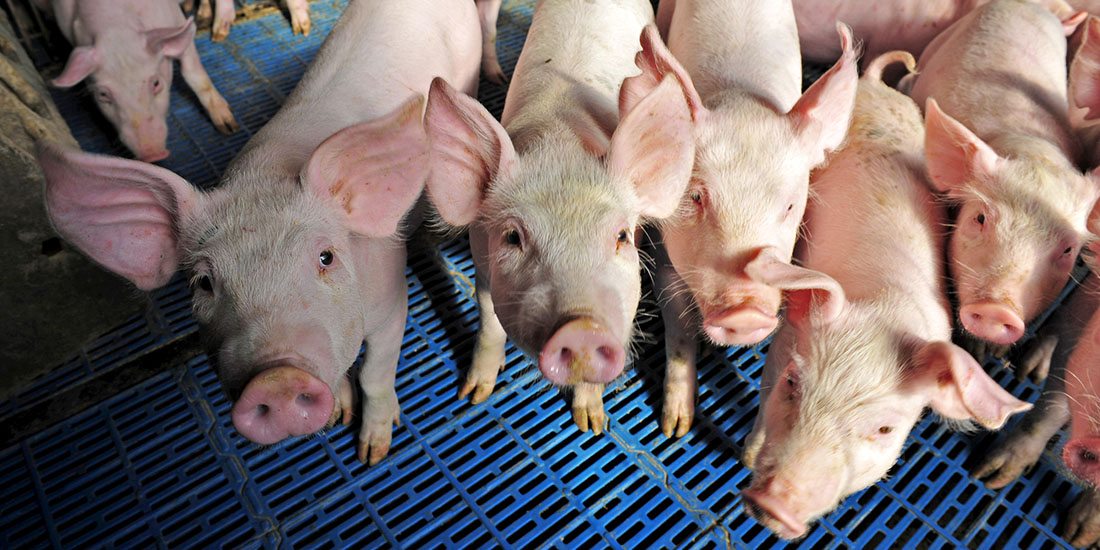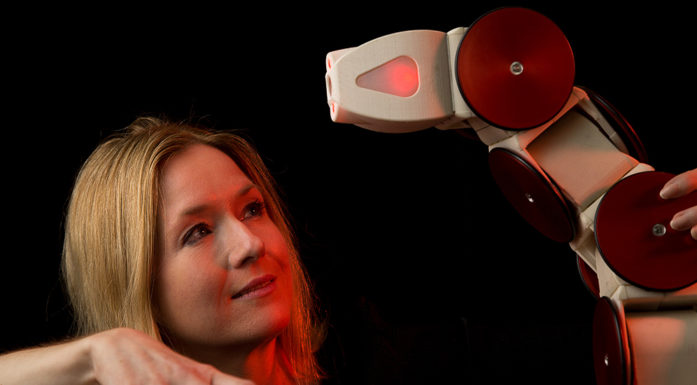ERC grant on food sustainability in China
NTNU researcher Marius Korsnes has been awarded an ERC Starting Grant from the European Research Council (ERC) . He will explore the concept of “sufficiency” when it comes to urban, sustainable food.
China has a population of 1.4 billion. In the last 30-40 years, milk and meat, especially pork, have become a much larger part of the Chinese menu.
“I want to understand why and how the production and consumption of these foods has grown so fast in China. This will give us knowledge that can be used to change and reduce and consumption in the future,” says Korsnes, who is a researcher at NTNU’s Department of Interdisciplinary Studies of Culture. His work is a part of a project called A Middle Way? Probing Sufficiency through Meat and Milk in China.
- You might also like: When the Chinese giant awakes
Milk was formerly “barbaric” food
About a fifth of the world’s climate emissions come from agriculture. Much of this comes from domestic animals that are used for food.
“Meat has always been a high-status product in China. Milk, on the other hand, has historically been considered a ‘barbaric’ food, Korsnes said.
“Historically, both products were rarely consumed in Chinese history. Their increased popularity over the last 40 years is often explained by the fact that consumers’ own preferences have changed. However, the change should rather be seen in connection with influence by domestic and international actors, and the Chinese government’s desire to integrate both products in Chinese food practice,” says Korsnes.
- You might also like: China’s rapid development of solar and wind power
The sweet spot between too little and too much
It’s more common for research to focus on how to increase the efficiency of food production.

Marius Korsnes was awarded a 1.5 million Euro Starting grant from the European Research Council. Photo: Vibeke Ann Pettersen.
The Midway project is taking a different path. Instead, it will explore the possibilities of reducing human impact on the Earth’s biosphere, while preserving overall welfare. Korsnes’s part of the project will look at the concept of sufficiency – the ‘middle ground’ between ‘too little’ and ‘too much’.
The ultimate goal of the researcher is to examine the concept of “sufficiency” theoretically, to develop it as a useful organizational principle that can be used to reduce consumption. He will use China’s increased consumption of meat and milk is to explore the concept.
Marius Korsnes will receive 1.5 million Euros over five years for his work.
Associate Professor Jason Hearst also was awarded an ERC Starting Grant, to investigate how the uptake of carbon dioxide (CO2) in the ocean is affected by turbulence both in the atmosphere and in the ocean.
More about ERC grants
The European Research Council (ERC) was established by the EU in 2007 and is the leading European funding organization for outstanding research. Every year, the ERC funds the very best, creative researchers to run projects based in Europe.
The ERC grants are awarded in different categories: Starting, Consolidator, Advanced and Synergy Grants.
To date, the ERC has funded over 9,500 top researchers and over 50,000 postdoctoral fellows, PhD candidates and other staff members who work in their research teams.
The ERC strives to attract top researchers from around the world to come to Europe.
The ERC is led by an independent governing body, the Scientific Council.
The ERC has been part of the Horizon 2020 programme and continues as part of the Horizon Europe framework programme.



